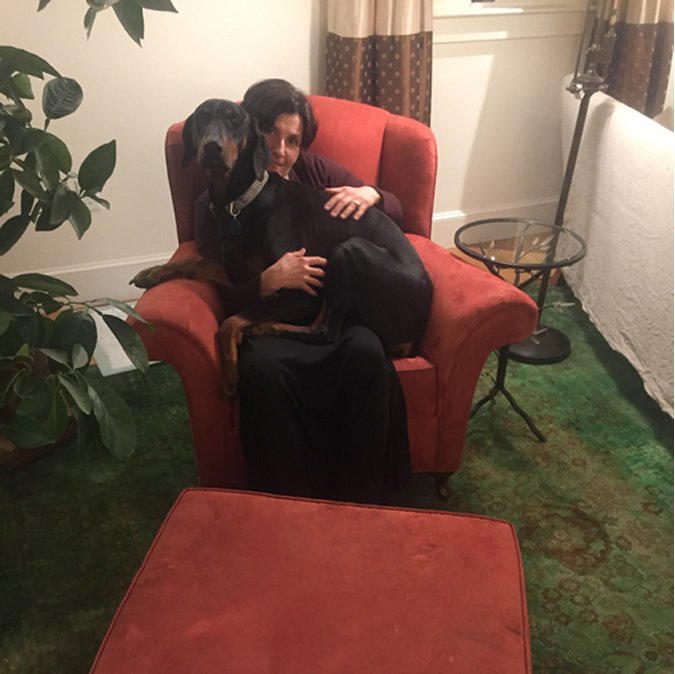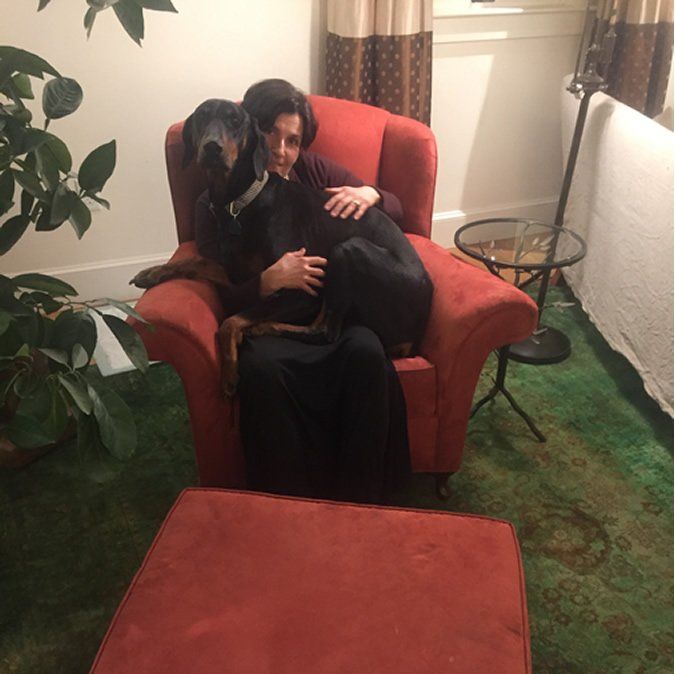
Like you, Dr. Stephanie Borns-Weil, the Head of the Tufts Animal Behavior Clinic, will find out by reaching the end of this sentence that she has won a prestigious award from the Dog Writers Association of America. It’s for an article we published in the September 2016 issue. If you go to our website, www.tuftsyourdog.com, and type “Words That Wound” into the search bar, it will come up as one of the choices.
The article is about how we tend to mistakenly ascribe negative motivations to a dog’s behavior by using words that apply only to people’s behavior — vindictive, willful, dominant, and so on. By characterizing our dogs with these terms, we sometimes end up treating them harshly because the words reinforce our faulty notions that they are busy calculating how to put us in our place or ignore our directives. They’re not.
For instance, dominance in dogs is not about swagger or wanting to lord it over others or even aggression. It’s simply about desiring first dibs on coveted resources — food, a favorite toy or resting spot, an owner’s attention. Different dogs are “dominant” in different situations, depending on what is really important to them. It’s not a personality trait. Dogs are not trying to achieve overall status.
Dr. Borns-Weil’s keen understanding of dogs’ psyches grows from her compassion for them, making her their staunch advocate. She is about nothing if not canine rights, and her authentic concern combined with her vast knowledge informs all of our provocative articles on canine behavior, often turning deeply ingrained notions about why dogs do what they do on their ear — and, in the bargain, helping us to approach our pets in a more constructive, more loving and compassionate way so that they get to live securely, happily, and safely in our homes. It’s no wonder the waiting list to get in to see her is six months long.
So kudos and thank you, Dr. Borns-Weil, for your expertise. While technically, the award is presented to me, you deserve more than equal billing for the accolade, as that winning article could never have happened without you.
Many thanks to our readers, too, because, to borrow from an old saw, if an article about how to care for your dog more lovingly falls in the forest and no one reads it….? In other words, we appreciate your trust and confidence in our ability to bring you the latest and best advice on how to treat your dog kindly while adjusting your pet to a world run by a different species. It’s a circle, and we all make dogs’ lives better together.
Happy tails to you,
Lawrence Lindner
Executive Editor





